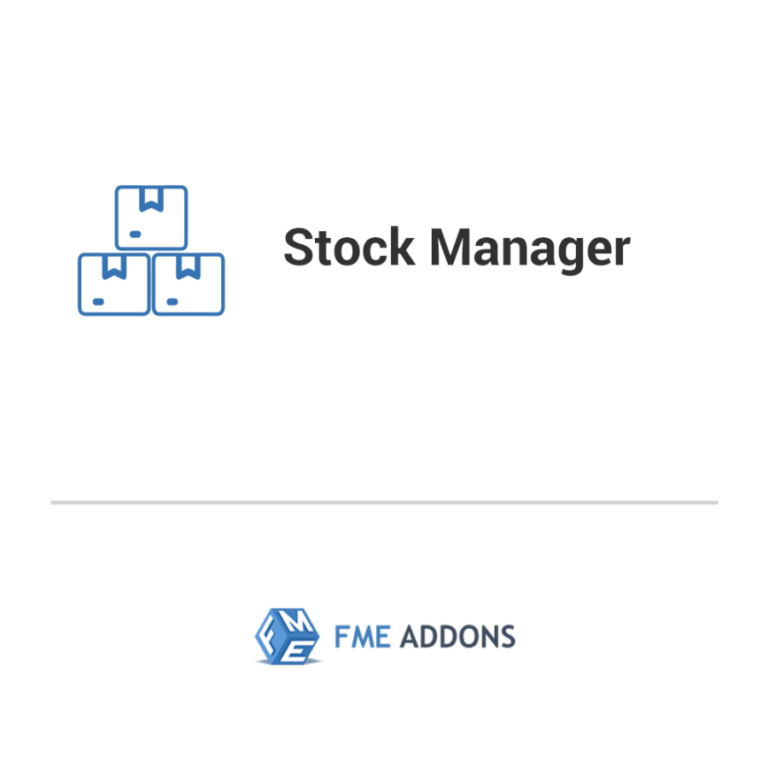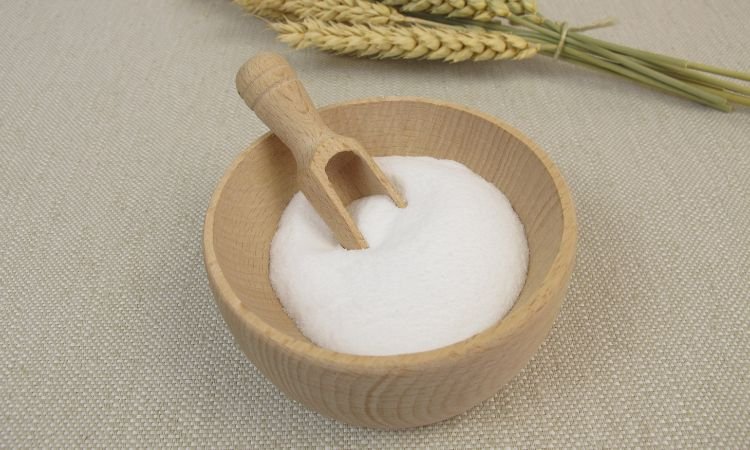The Growing Rituximab Biosimilars Market: Trends and Key Players 2032
The pharmaceutical industry is undergoing a significant transformation, with biosimilars emerging as essential alternatives to branded biologics. Among these, rituximab, originally developed to treat specific types of cancer and autoimmune diseases, has led to a growing market for its biosimilars. In 2023, the global rituximab biosimilars market was valued at USD 2.37 billion and is projected to reach an impressive USD 8.81 billion by 2032, growing at a robust CAGR of 15.7%. This blog explores the factors fueling this growth, the current trends shaping the market, the competitive landscape, and the implications for various stakeholders.
Market Overview
Current Market Size and Growth
The rituximab biosimilars market is part of the broader biosimilars sector, which has been gaining momentum due to increasing pressure to control healthcare costs. The demand for rituximab biosimilars is driven by several factors:
- Rising Incidence of Autoimmune Diseases: Autoimmune diseases, such as rheumatoid arthritis, lupus, and multiple sclerosis, are increasingly prevalent. The growing patient population necessitates effective treatment options, positioning rituximab biosimilars as a crucial therapy.
- Growing Cancer Cases: The incidence of cancers, particularly non-Hodgkin lymphoma and chronic lymphocytic leukemia, is on the rise. This increase amplifies the need for rituximab and its biosimilars, as they play a vital role in cancer treatment protocols.
Drivers of Market Growth
- Cost-Effectiveness: One of the most significant advantages of biosimilars is their lower price point compared to branded biologics. Rituximab biosimilars are generally priced 15-30% lower than their branded counterparts, providing a more affordable solution for patients and healthcare systems alike. This cost-saving is particularly crucial in regions with high drug prices and limited healthcare budgets.
- Market Access and Affordability: With healthcare providers and patients seeking more cost-effective therapies, the demand for biosimilars is increasing. Health insurers are increasingly including biosimilars in their formularies, recognizing their potential to reduce overall treatment costs.
- Increased Competition: The entry of multiple biosimilars for the same reference product fosters a competitive market environment, driving down prices and improving patient access to these essential therapies. This competition is beneficial for patients, as it leads to more choices and lower costs.
Key Trends Shaping the Market
Regulatory Advancements
Regulatory bodies like the FDA (U.S. Food and Drug Administration) and EMA (European Medicines Agency) have established pathways for biosimilars, allowing faster approvals while ensuring safety and efficacy. These streamlined approval processes have encouraged more companies to invest in the development of biosimilars. As a result, the market is witnessing an increase in the number of approved rituximab biosimilars, further enhancing competition and affordability.
Growing Acceptance Among Healthcare Providers
In recent years, healthcare professionals have become more educated about biosimilars, leading to increased acceptance in clinical practices. As studies demonstrate the safety and efficacy of biosimilars, many healthcare providers are now more willing to prescribe them, viewing them as equivalent options to branded biologics. This trend is crucial for the successful adoption of rituximab biosimilars, as physician endorsement significantly influences patient choices.
Innovations in Development
The development of biosimilars is being fueled by advancements in biomanufacturing technology. Companies are employing state-of-the-art techniques to enhance the quality and efficiency of biosimilars, ensuring consistency and reliability in product quality. Innovations such as process optimization, enhanced analytics, and quality-by-design approaches are enabling manufacturers to produce high-quality biosimilars that meet regulatory standards.
Patient-Centric Approaches
As patients become more engaged in their treatment decisions, the demand for affordable therapies increases. Many patients are advocating for biosimilars due to their cost-effectiveness, leading to a shift in dynamics within healthcare systems. This patient-centric approach is prompting healthcare providers to consider patient preferences when discussing treatment options, including biosimilars like rituximab.
Competitive Landscape
The competitive landscape of the rituximab biosimilars market is dynamic, with several key players actively involved in the development and marketing of these drugs. Notable companies include:
- Innovent Biologics Inc.
- A leader in biopharmaceutical development, Innovent is focused on expanding its portfolio of biosimilars, including rituximab. The company emphasizes innovation and quality in its products, positioning itself as a significant player in the market.
- Gedeon Richter Plc.
- Gedeon Richter is enhancing its biosimilar offerings through strategic partnerships and acquisitions. The company aims to establish itself as a prominent player in the rituximab biosimilars market, capitalizing on its extensive research capabilities.
- Teva Pharmaceutical Industries Ltd.
- With a strong focus on generics and biosimilars, Teva leverages its extensive experience in the market to develop and market rituximab biosimilars efficiently. The company is committed to improving patient access to affordable therapies.
- Sandoz International GmbH (Novartis)
- As a pioneer in the biosimilars space, Sandoz has successfully launched multiple biosimilars and continues to invest heavily in research and development. The company’s expertise in biopharmaceuticals positions it as a key player in the rituximab biosimilars market.
- Dr. Reddy’s Laboratories Ltd.
- Dr. Reddy’s is actively working on biosimilars to improve access for patients across various geographies. The company is committed to affordability and is focused on bringing high-quality biosimilars to market.
Strategies of Key Players
- Strategic Collaborations: Many companies are forming partnerships to pool resources, share knowledge, and accelerate the development of new biosimilars. Collaborations between research institutions and biotech firms are becoming increasingly common, fostering innovation in the sector.
- Investment in R&D: Leading players are investing significantly in research and development to ensure their biosimilars meet regulatory standards and are comparable in efficacy to the original biologics. This commitment to R&D is crucial for staying competitive in a rapidly evolving market.
Implications for Stakeholders
- Manufacturers: Should focus on innovation and quality assurance to differentiate their products in a competitive market. Understanding the regulatory landscape and actively engaging with regulatory agencies will be essential for successful product launches.
- Healthcare Providers: Need to stay educated about biosimilars to provide informed recommendations to patients. Continuing education initiatives can help bridge knowledge gaps and foster greater acceptance of biosimilars in clinical practice.
- Patients: Can benefit from increased access to effective treatments at lower costs, enhancing their overall healthcare experience. Advocacy for biosimilars will continue to play a crucial role in shaping the market and ensuring patient access to necessary therapies.






